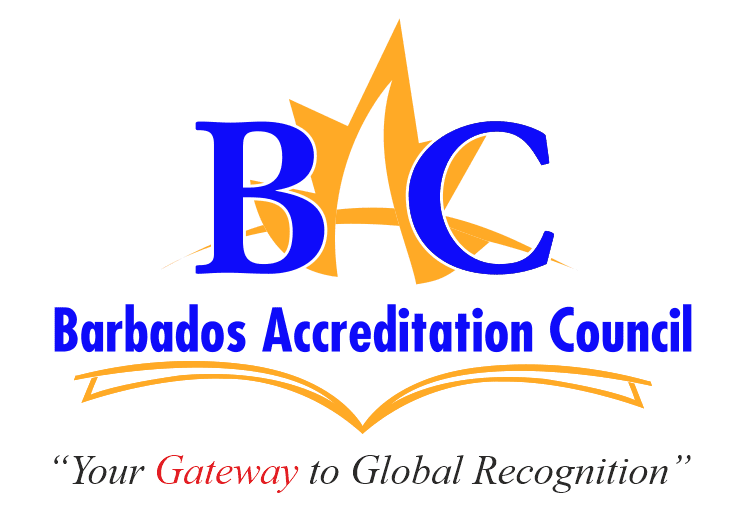Over the years, the Barbados Accreditation Council has found it challenging to effectively compare foreign qualifications to local awards and local awards to local awards. This is due to a lack of standardized benchmarks for qualifications. Moreover, this limitation extends to skills and awards gained through informal and non-formal learning. However, to address this issue, Barbados has agreed to establish an internationally-recognised National Qualifications Framework (NQF) as part of the Human Resource Development Strategy 2011-2016.
The NQF is expected to combine all models of education into one integrated Framework, which will bring all educational outlets/entities under one umbrella. The unification of these models will provide greater access to learning, thereby improving the quality of Barbados’ education and training systems as well as facilitating the human resource development in Barbados. To date, there is a plan to establish a Barbados Qualifications and Credit Framework (BQCF), a Barbados Qualifications Register (BQR), and a Barbados Accreditation and Qualifications Authority (BAQA).
This plan will require a new structure and the preparation of the necessary legislation to give effect to the Framework for the BQCF, a BQR and the BAQA.
By design, the BQCF is anticipated to:
- consolidate the delivery of education and training under a single framework;
- make it easier for learners to enter the educational system as well as move and progress horizontally and vertically within it;
- improve the education quality in Barbados;
- expand access to learning and work opportunities for all; and
- enable learners to develop to their full potential.
The Framework comprises eight (8) qualification levels that reflect the current system of education and training in Barbados and will cover the following three (3) subsectors in the educational system, namely:
- General Education;
- Technical and Vocational Education and Training;
- Tertiary.
The BQCF makes provision for qualifications that fall under these subsectors and will take into account those who are competent but do not possess formal qualifications. These individuals will be evaluated through the Prior Learning Assessment and Recognition (PLAR) process, and provided with a learning record or qualification. Second chance opportunities for education are also made possible through an ‘Access’ pathway on the BQCF.
Each qualification level of the BQCF will describe the expected competencies or learning outcomes in relation to knowledge, understanding, skills, autonomy, responsibility and life skills. Finally, the BQCF will also allow for credit accumulation and transfer, facilitating educational and labour mobility within and outside the Region.
As a complement to the BQCF, there will be the BQR. This centralised database provides information to employers, trainers, and learners on education and training opportunities and assessment and certification services in academic, technical, and vocational education and training.
With plans underway, the execution of this framework will be advantageous for Barbadians from an array of educational backgrounds. I optimistically look forward to the successful implementation of the BQCF, BAQA and the BQR.
Lisa Gale C. Dir.
Executive Director

